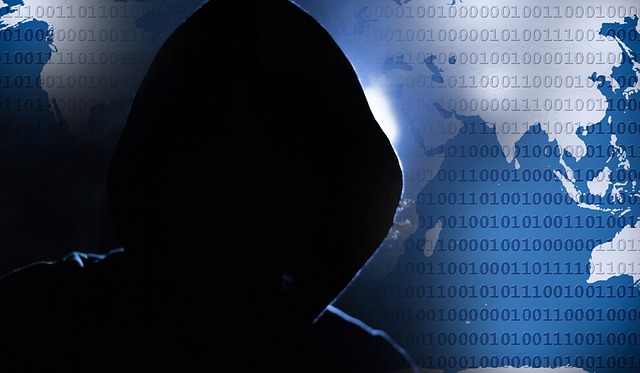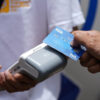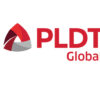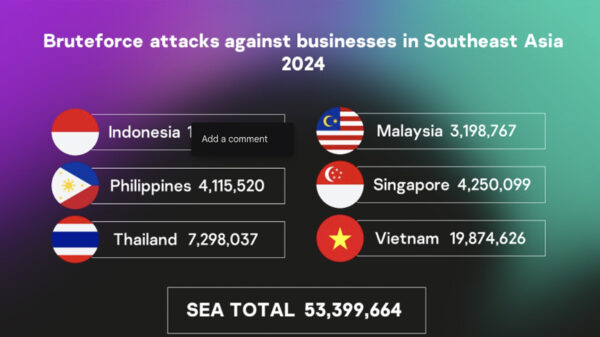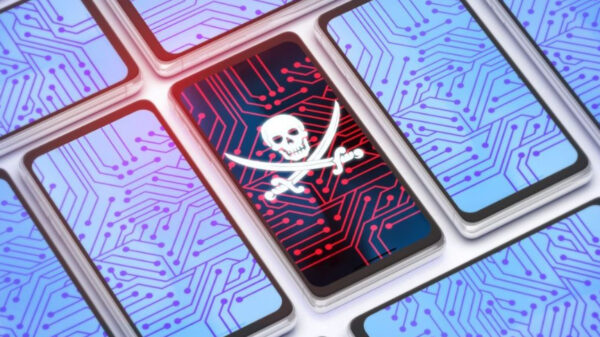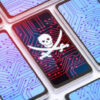The Senate has approved on third reading a measure that declares the hacking of bank systems as a form of economic sabotage, punishable by life imprisonment and a fine of up to P5 million.
House Bill 6710 which amends RA 8484, otherwise known as the “Access Devices Regulation Act of 1998”, was approved with 20 affirmative votes, no abstention and no negative votes.
The rapid development of information technology and the economic impact of financial fraud and crimes committed through the use of electronic devices and gadgets necessitate the need to provide more teeth to RA 8484, Sen. Francis “Chiz” Escudero on Monday said.
On top of stiffer penalties, the scope of RA 8484 has been expanded, to include automated teller machine (ATM) fraud through skimming, hacking of the banking system, counterfeiting of credit or debit card.
The mere possession of any type of skimming devices or even attempts to access an application or online banking account, regardless of whether or not it will result in monetary loss to the account holder, will now be punishable with imprisonment.
The Senate Committee on Banks, Financial Institutions and Currencies, joint with the Committee on Trade, Commerce and Entrepreneurship recommended the approval without amendments of House Bill No. 6710 which provides for additional prohibitions on the use of access devices in commercial transactions.
Access device, under the definition of the law, include credit or debit card, ATMs or any “card, plate, code, account number, electronic serial number, personal identification number or other telecommunications service, equipment or instrumental identifier or other means of account access that can be used to obtain money, good, services or any other thing of value or to initiate a transfer of funds (other than a transfer originated solely by paper instrument).
Under the bill, the hacking of a bank’s system, skimming of 50 or more ATM cards or online banking accounts, credit cards and debit cards already constitute economic sabotage, a non-bailable offense carrying penalties of life imprisonment and fines ranging from P1 million to P5 million.
Imprisonment of 12 to 20 years and a fine not less than P500,000 will be meted against anyone who is in possession of 10 or more card skimming device and was able to access at least one account.
In the case of an offender who is found have in possession of 10 or more counterfeit access devices or similar gadgets and was not proven to have accessed any account, the penalty will be six to 12 year jail term and a fine of P300,000.
In the case of an offense involving fraudulent use of a credit card, it shall be punishable with imprisonment of four to six years and a fine of twice the value of the fraudulently obtained credit.
Imprisonment of 10 to 12 years and a fine of P500,000 will be the penalties for offenses involving the use of one or more counterfeit devices or possession of device-making or altering equipment.
Monetary penalty amounting to P800,000 and jail term of 12 to 20 years will be meted against those who committed any offense under Section 9 of RA 8484.
In considering a cardholder to have used his credit card with intent to defraud, the outstanding and unpaid balance past due for at least 90 days will now be P200,000. The existing provision pegged the amount to only P10,000.
Aside from the imposition of tougher penalties, the bill likewise requires that real-time reports of access device fraud incidents be submitted to the National Bureau of Investigation (NBI) and the Anti-Cybercrime Group of the Philippine National Police (PNP), with a grant of additional powers to these agencies to pursue further investigation and prosecution of the frauds.






















































































